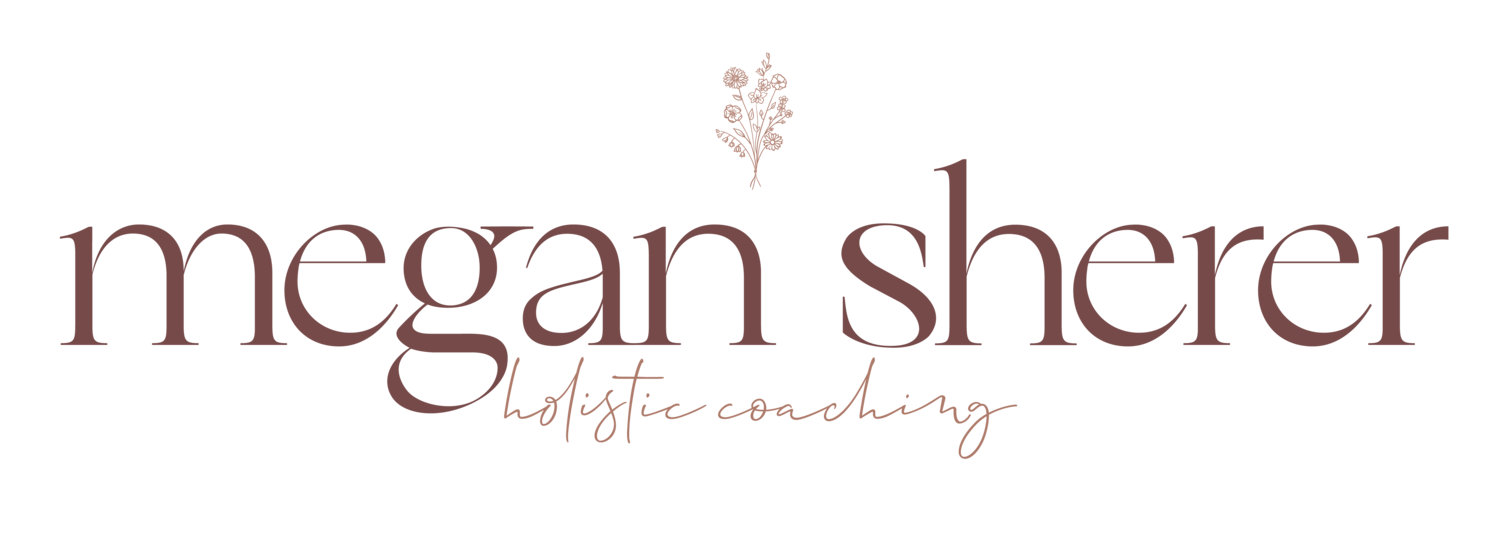You Are Not Alone: National Eating Disorders Awareness Week
This week is National Eating Disorders Awareness Week, which means it is a really powerful time to shed some light on a struggle that many people face in silence. Eating disorders don’t always look how you would imagine them to. There are of course the people who are visibly underweight and maybe even emaciated, the ones you may easily guess are starving themselves. But there are many people out there who may appear to be at a “normal” weight, yet are just as affected by the mental and emotional turmoil of an eating disorder as the ones who are underweight.
I personally struggled with an eating disorder for six years, and for about half of that time I was very underweight. But the three years when my weight was restored while I hadn’t yet addressed any of the causes of my disorder were just as painful and devastating, or even more so. While I appeared to be healthier and “better” physically, I was still stuck in the prison of my eating disorder. I would count calories religiously and could tell you the nutritional facts of just about any food you put in front of me. I would experience extreme guilt if I ate more than I was restricting myself to (which at the height of my anorexia was down to just 400 calories per day). I would obsessively exercise, spending hours per day doing cardio to “burn off” the few calories that I did consume. I experienced intense anxiety if I had to miss a workout for some reason. I was running my body into the ground and no matter how low my weight got, I still had a deep-seated and overwhelming desire to control my body. Looking in the mirror at the time, I didn’t see a very thin girl. I pinched and judged what little body fat I had left, and plotted how I would strengthen my willpower the next day to get rid of it.
Even once I had gained enough weight to be considered healthy, my thoughts were still consumed by food and body image. I spent every spare moment of my day counting, calculating and obsessing about what I would eat next, how “healthy” my diet was, how long I could go without eating, and when I would fit in another workout. The girl in both of these photos is unhappy, unhealthy, and silently suffering from the pain of an eating disorder.
While this all might sound very intense to some of you, to others of you I know it sounds all too familiar. Eating disorders are a very real and life-consuming thing for many people. And my point is that you may not always know when someone is suffering just by looking at them. You also don’t have to have full-blown anorexia or bulimia to have “enough” of a problem to need help. Orthorexia (an obsession with eating foods that one considers healthy) is an issue that affects far too many people in today’s uber health-conscious society. If you suspect that you or someone you know might be affected by disordered eating in any way, know that it’s okay to ask for help. It wasn't until I finally asked for help that I was able to heal what needed to be healed and discover my best health and vitality ever. You deserve to live a healthy and vibrant life and have a loving relationship with your body! You deserve to be free.
It’s not always easy to talk about (I understand, it took me many years before I was comfortable sharing about my experience), but talking to someone is necessary to work towards recovery. You don’t have to go through this alone!
If you or someone you know needs help with healing from an eating disorder but you don’t know where to begin, start by taking this free screening from the National Eating Disorders Association: CLICK HERE for free screening.
Lots of love,
Megan


